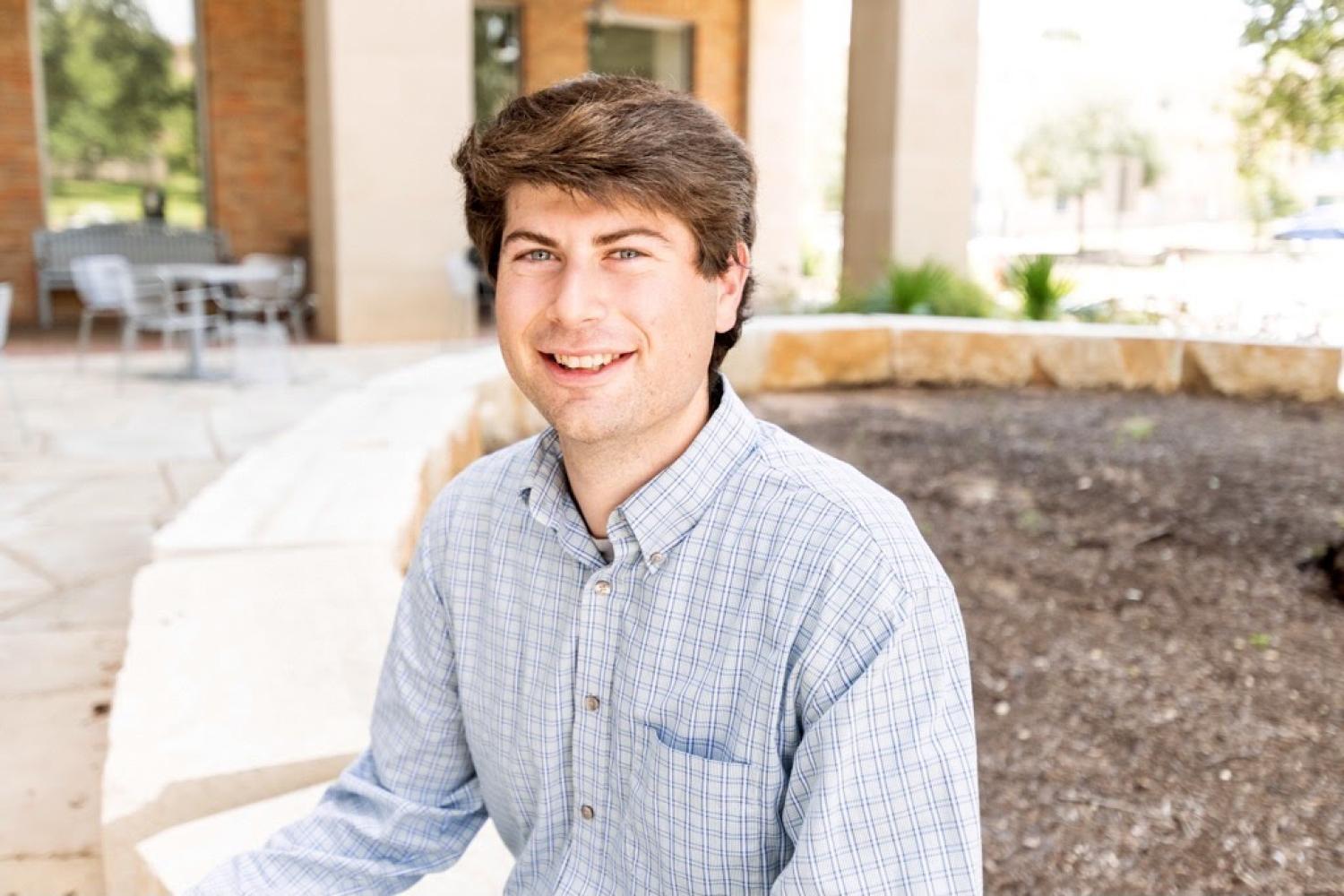Seminar: A Brief Tour of Dynamic Games for Multi-Agent Modeling - Nov. 5

David Fridovich-Keil
Assistant Professor of Aerospace Engineering,
University of Texas at Austin
Friday, Nov. 5 | 12:00 P.M. | AERO 114
Abstract: This talk introduces dynamic game theory as a natural modeling tool for multi-agent interactions ranging from large, abstract systems such as ride-hailing networks to smaller, physically-embodied robotic settings such as collision-avoidance in traffic.
We present the key theoretical underpinnings of dynamic game models for these varied situtations and draw attention to the subtleties of information structure, i.e., what information is implicitly made available to each agent in a game. The talk concludes with a brief description of recent theoretical and practical advances.
Bio: Dr. Fridovich-Keil’s research spans optimal control, dynamic game theory, learning for control and robot safety. While he has also worked on problems in distributed control, reinforcement learning, and active search, he is currently investigating the role of dynamic game theory in multi-agent interactive settings such as traffic. Fridovich-Keil’s work also focuses on the interplay between machine learning and classical ideas from robust, adaptive, and geometric control theory.
Dr. Fridovich-Keil joined the Aerospace Engineering Department at the University of Texas at Austin as an assistant professor in Fall 2021. He received his doctorate from the University of California, Berkeley, where he developed some of the first efficient techniques for solving noncooperative, game-theoretic motion planning problems. During his graduate studies, Fridovich-Keil briefly worked at the self-driving car company Nuro. His postdoctoral research focused on exploiting computational parallelism in stochastic optimal control problems.

